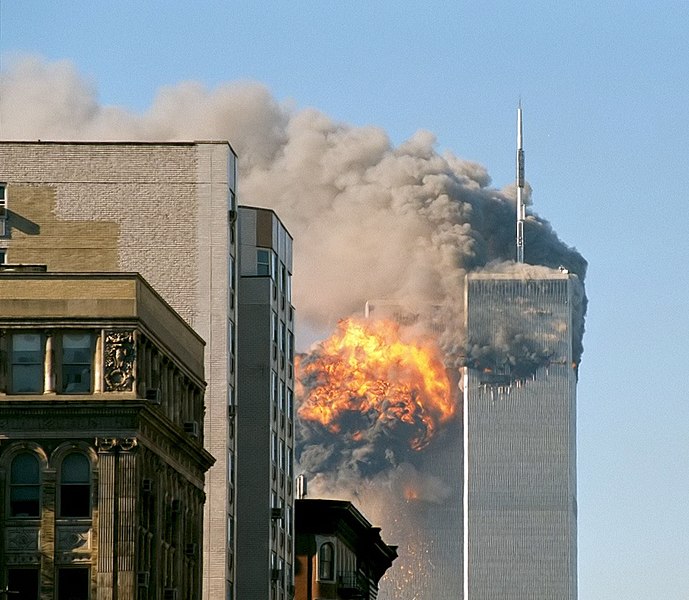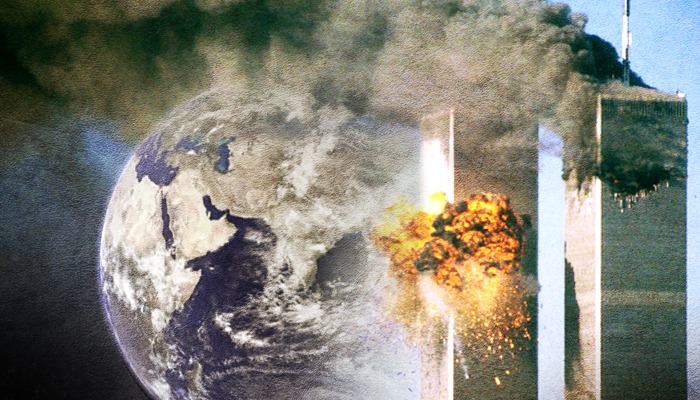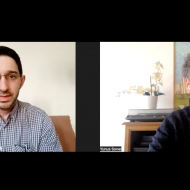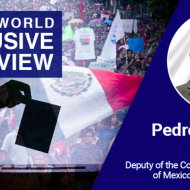Ever since tragedy struck on 9/11, numerous discussions and arguments about what actually took place on that day have continued. Many people contend that there are numerous technical inconsistencies Washington’s version of events, while others argue that the attack may have served as a pretext for the intervention in Afghanistan that immediately followed.
For further reading regarding the debate around these events, read UWI’s extended article.
There is also, however, a geopolitical explanation for why a terrorist attack of that magnitude was beneficial to certain political forces. Lebanese political scientist Jamal Wakim explained his understanding of these events in an interview with UWI.
“I believe that the mere fact that there was no transparency in the official investigation, and the fact that no american official was charged with at least of dereliction duty, is good evidence that there was something conspicuousness in the matter. Furthermore, the way the US relied on this event to further its geopolitical agenda in the Middle East and Eurasia leaves little doubt that it was something on the level of a conspiratorial pretext,” Jamal Wakim said.
At the same time, according to Wakim, the most probable version of events is that there were “influential forces in the US’ ‘Deep State’ who were eager to redraw the geopolitical map of the Middle East to ensure full control of this region from the Atlantic Ocean to the borders of China. They may have sought control of this crossroad of international trade routes in order to have access to northwestern China, which is seen as a weak point in the Chinese national security, and to Central Asia, which is considered to be a weak point in both Russian and Iranian national security.”

Wikipedia
“The incident was taken as a pretext for the invasion of Afghanistan, in order to draw a wedge between China, Iran, and Russia; no wonder that it occurred three months after the inauguration of the Shanghai cooperation organization in June 2001,” Wakim said.
Wakim also suggested that such a pretext was needed “to block Eurasian access to the East Mediterranean, and hence, to Africa and the Indian Ocean which are becoming the primary sphere of competition between the rising Eurasian powers and the West.”









Leave a Reply